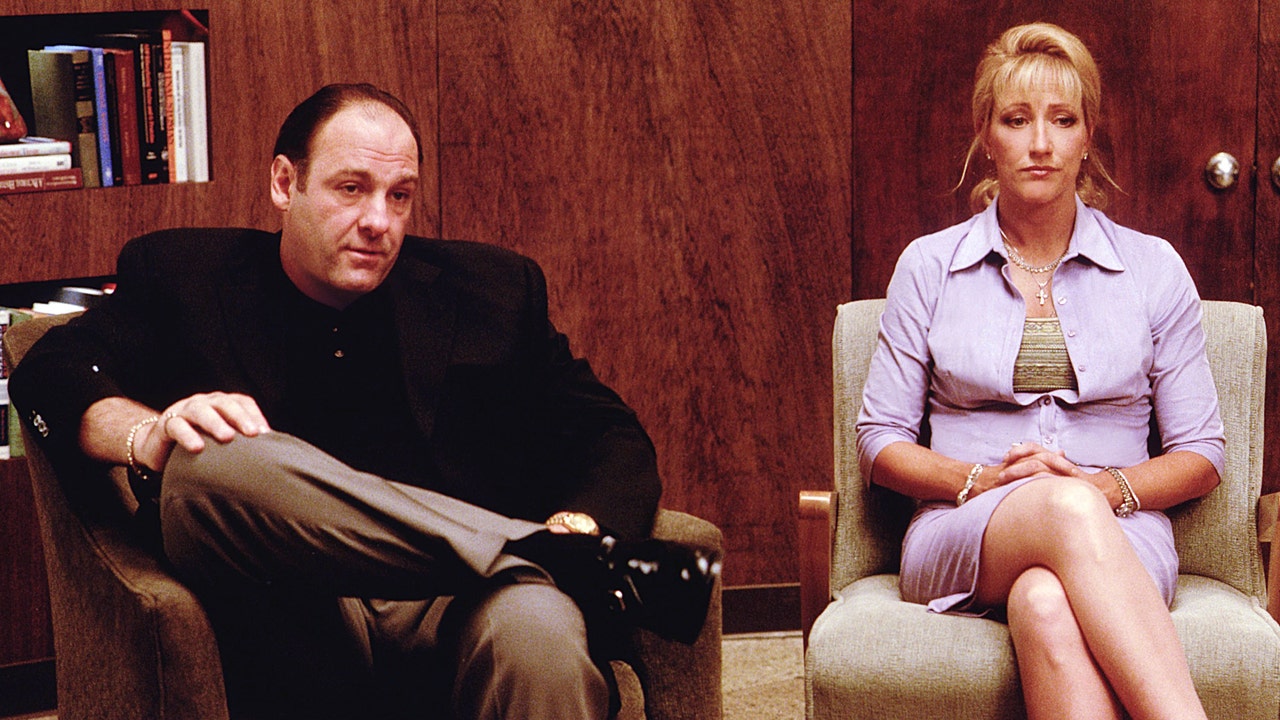“I think there’s a little bit of sort of climate catastrophe fatigue,” Andres Gluski, chief executive of AES, a major renewable energy company, told me over breakfast. “People are like, ‘Yeah, yeah, the world is going to end. But I’m still going to vacation on the Greek islands or the Bahamas.’”
‘We need to act’
This shortsightedness isn’t just a symptom of the ultra-privileged Davos set. Climate change is the ultimate long-term challenge, requiring huge investments in efforts that may not turn a profit for years. Overhauling energy production, agriculture, transportation, heavy industry and more will require patient capital and consistent regulatory frameworks, two things that are often in short supply.
“Human beings aren’t well adapted to reacting to long-term changes,” Gluski said. “Our brains are basically the same as a Paleolithic hunter. It’s like, ‘Throw spear, run from tiger.’ We’re not good at thinking, ‘Three years from now my cave might collapse.’”
Climate conversations weren’t entirely absent from the main program. The World Bank president, Ajay Banga, spoke about the need to bring renewable energy to Africa. On a panel I moderated, shown at the top of this newsletter, John Kerry, president Biden’s departing climate envoy, talked up the agreement from COP28 to transition away from fossil fuels.
“Climate is not at the top of the agenda, but it’s not off the agenda either,” Johan Rockstrom, director of the Potsdam Institute for Climate Impact Research, told me during a roundtable discussion. “That represents progress. It shows that despite the geopolitics, despite everything else, people understand we need to act.”














































